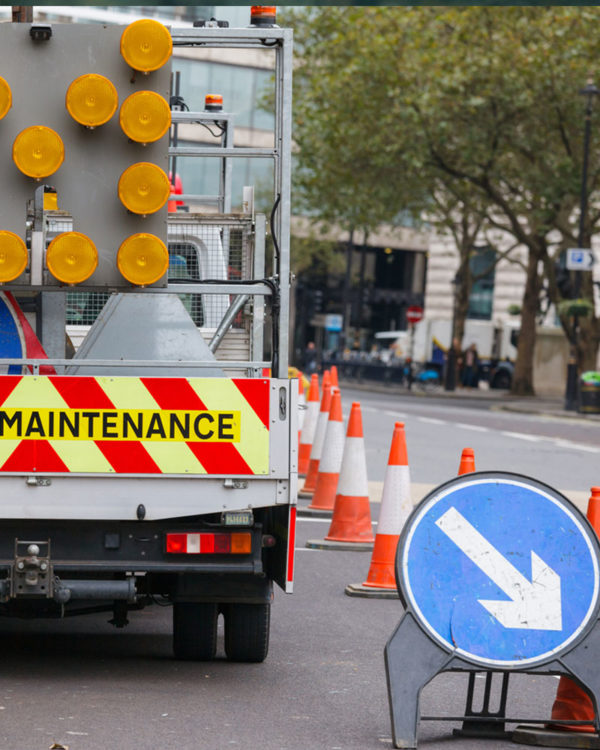National Highway Sector Scheme 12D for installing and removing temporary traffic management on rural and urban roads.
All persons needing to become a Registered Traffic Management Operative (RTMO) as described in the Sector Scheme Document 12D.
12D M1 Training to be completed before progressing to 12D M2.
Following completion of the 12D M2 training course the learner will need to undertake a set of three on site assessments as prescribed in the Sector Scheme Document to obtain the category. The assessments must be completed within a two year period starting from the date of passing the training.
Each learner must be assessed individually – “whilst undertaking traffic management operations, including assessment of capability, unregistered Traffic Management Operatives shall at all times be supervised by an appropriately registered Traffic Management Operative on a one to one basis” This cannot be the assessor– NHSS12D Sector Scheme Document. Minimum competency requirements for gang sizes a must be maintained whilst assessments are being carried out. Learners not being assessed must remain in a safe location
IMPORTANT NOTE: M2 status MUST be maintained (an in date M2 skills registration card). An EXPIRED M2 skills registration card will invalidate skills registration cards held for M3, M4, M5 and M6, initially achieved when the M2 card was in date.
This course will cover:
- Quality assurance
- Sector Scheme
- Equipment & vehicles
- Types of work
- Highway terminology
- Industry guidance documents
- Health & Safety
- Risk Assessments/Method Statements
- Traffic lane widths
- Diversions
- Site definitions and safety zones
- Stop works sign
- Basic layouts
- Give and take system
- Priority signing
- Stop and go
- Non-motorised road users
- Roundabouts
- Portable traffic signals signing and guarding testing, commissioning and operating.
On completion of this training course learners will:
- Be aware of Sector Schemes
- Be aware of Health and Safety requirements
- Be aware of Risk Assessments and Method Statements
- Be aware of the relevant Codes of Practice and other associated documentation when involved in traffic management•
- Identify the equipment required in Temporary Traffic Management
- Understand the different methods of traffic control
- Be aware of the requirements of non-motorised road users
- Be prepared to undertake assessments to demonstrate an ability to implement, maintain and safely remove traffic control systems
- Understand the requirements for Mobile and Short duration works
- Understand the different methods of both passive and positive traffic control
- Understand the principles involved when dealing with roundabouts, road closures and diversions







